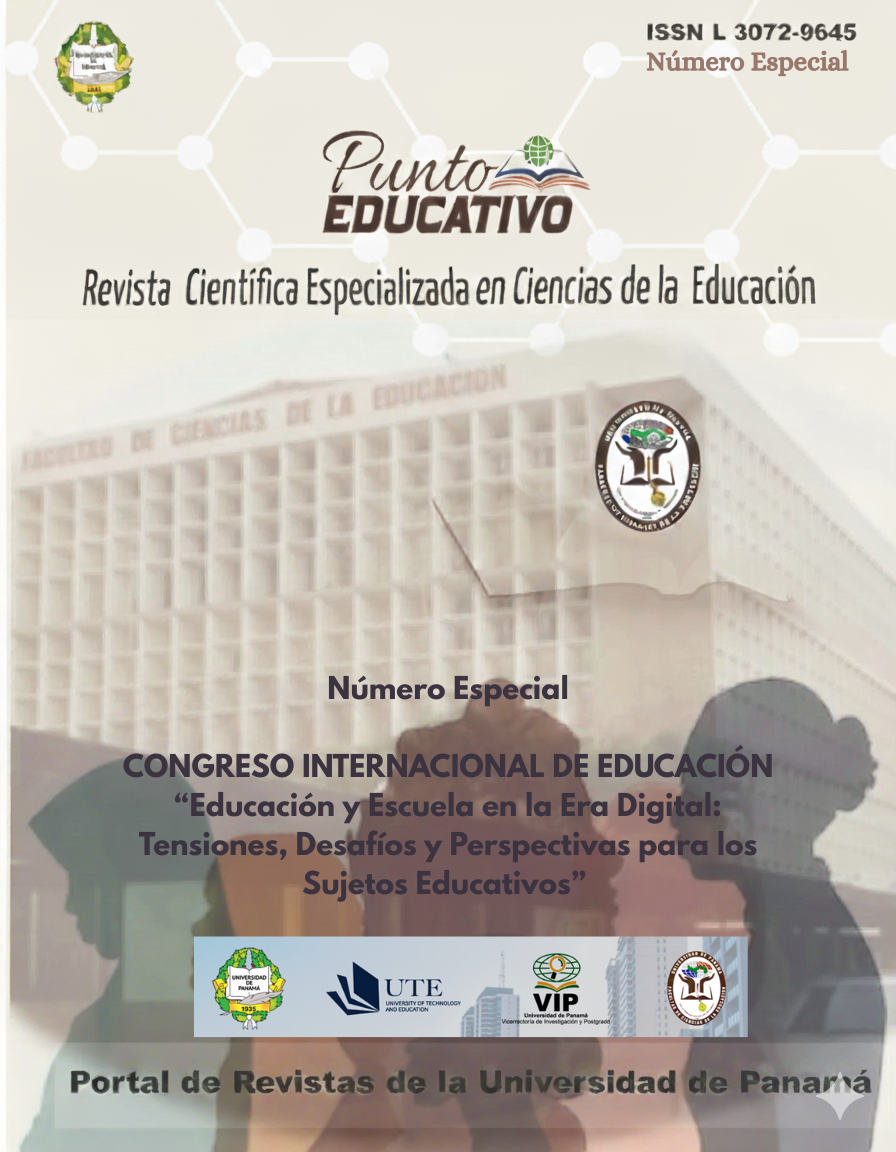

Copyright (c) 2025 Punto educativo

This work is licensed under a Creative Commons Attribution-NonCommercial-ShareAlike 4.0 International License.
This article presents a microhistorical analysis, based on a constructionist approach, on sexual diversity in America from pre-Hispanic to postmodern times, under the context of European Colonization, with the aim of reconstructing and understanding how sexual diversity was perceived and discerned in different ages, and how the legacy of these experiences has influenced contemporary conceptions of sexuality in America and the world, recognizing the importance of changing historical legacies of homophobic codes. Through historical sources, ancient documents and current studies, the social structures of various pre-Hispanic cultures are explored, which with the arrival of European colonization, new norms and values ??that gave rise to a long history of repression and cultural adjustment were imposed, giving space to a long history of repression and cultural adjustment that transformed radically their way of thinking, revealing the main objective of this research which is understanding human sexuality as a cultural product in constant evolution and oddly linked to powerful structures. It is concluded that the school, as the first space for coexistence, presents the need to restructure a more inclusive educational environment for the recognition of people whose sexuality is diverse, who are often discriminated and marginalized by an identity fundamentalism that excludes any range, ambiguity or difference associated with other non-hegemonic identities.